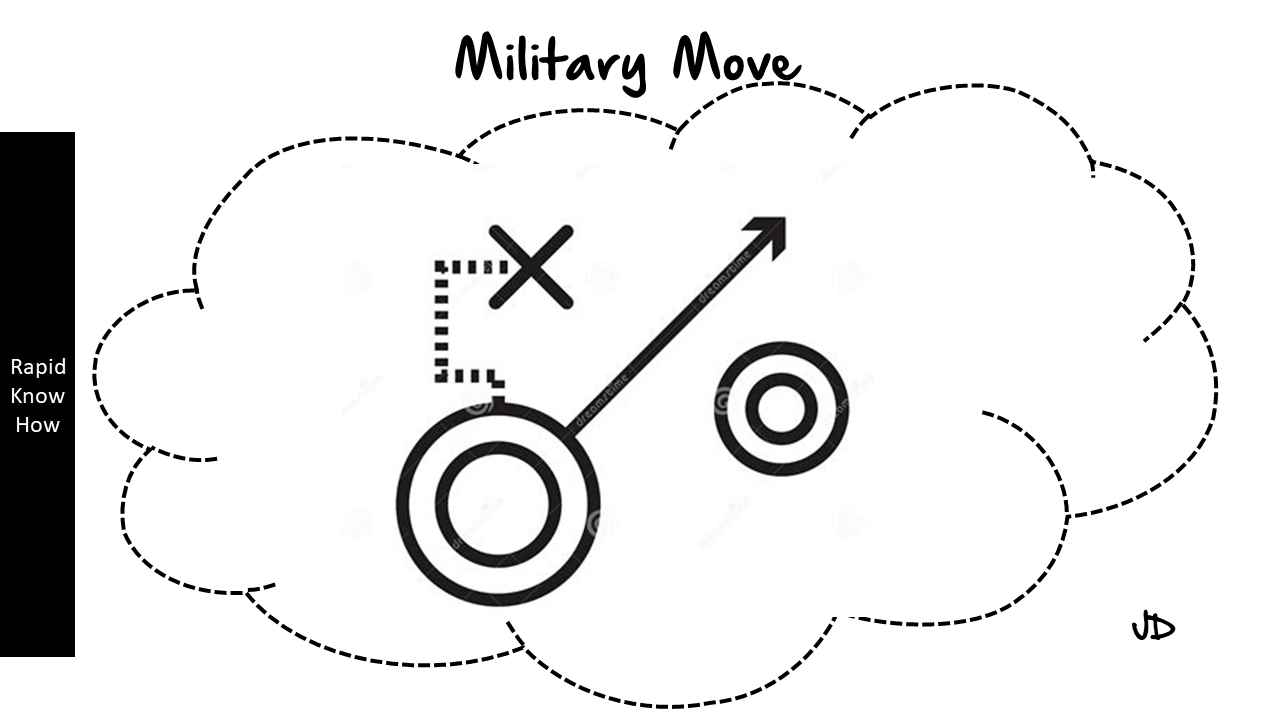The Russian Federation’s military system is a complex and multifaceted entity, with a rich history and a significant global presence. It is an intricate network of forces, strategies, and operations that have been shaped by the country’s unique geopolitical circumstances, historical experiences, and national security objectives.
Objective Military System:
The primary objective of Russia’s military system is to safeguard the country’s sovereignty, territorial integrity, and national interests. This involves deterring potential aggressors, defending against external threats, maintaining internal security, and projecting power abroad when necessary.
The Russian military system is divided into several branches: the Ground Forces, the Navy, the Aerospace Forces, the Airborne Troops, the Strategic Missile Troops, and the Military Logistics. Each branch has its specific roles and responsibilities but they all work together to achieve Russia’s defence objectives.
Military Battles:
Russia’s military history is marked by numerous battles that have tested and shaped its armed forces. From the epic confrontations of World War II to the more recent conflicts in Chechnya and Syria, these battles have played a crucial role in defining Russia’s military doctrine and capabilities.
In these battles, Russia has often demonstrated a willingness to use force decisively and on a large scale. Its strategies typically emphasise overwhelming firepower, operational depth, and strategic manoeuvre. However, it has also shown an ability to adapt to changing circumstances and employ asymmetric tactics when necessary.
Success Rate:
Assessing the success rate of Russia’s military system can be challenging due to the complexity of military operations and the often-conflicting narratives surrounding them. However, several indicators can provide some insights.
In terms of conventional warfare capabilities, Russia is widely regarded as one of the world’s leading military powers. Its armed forces are well-equipped with modern weaponry and technology, including advanced fighter jets, tanks, submarines, missile systems, and nuclear weapons.
Russia has also demonstrated a high degree of operational effectiveness in various conflicts. For example, in the Syrian Civil War, Russia’s military intervention helped to turn the tide in favour of the Assad regime and significantly influenced the course of the conflict.
However, Russia’s military system has also faced challenges and setbacks. Its operations in Afghanistan and Chechnya were marked by difficulties and controversies, and its ongoing involvement in Eastern Ukraine has drawn international criticism.
In conclusion, Russia’s military system is a formidable entity with a diverse range of capabilities and a track record of both successes and challenges. It is a key instrument of Russian statecraft and will continue to play a crucial role in shaping global security dynamics.
